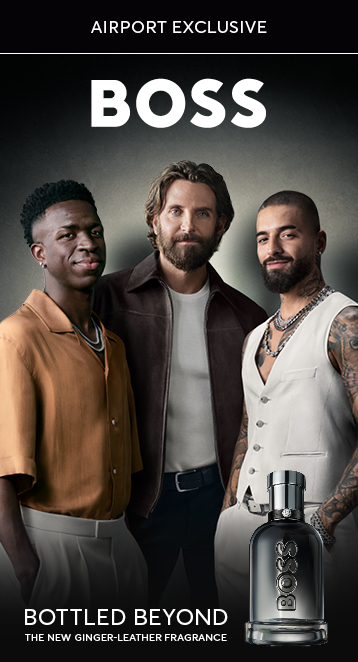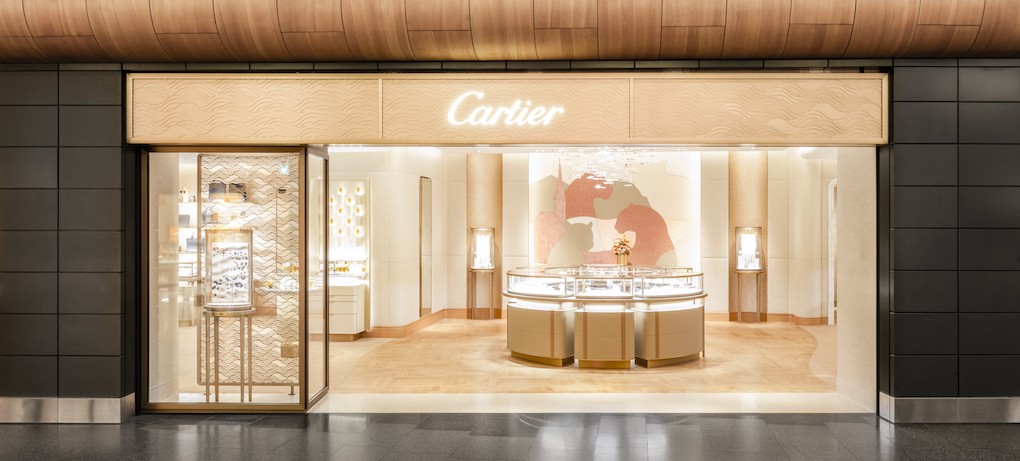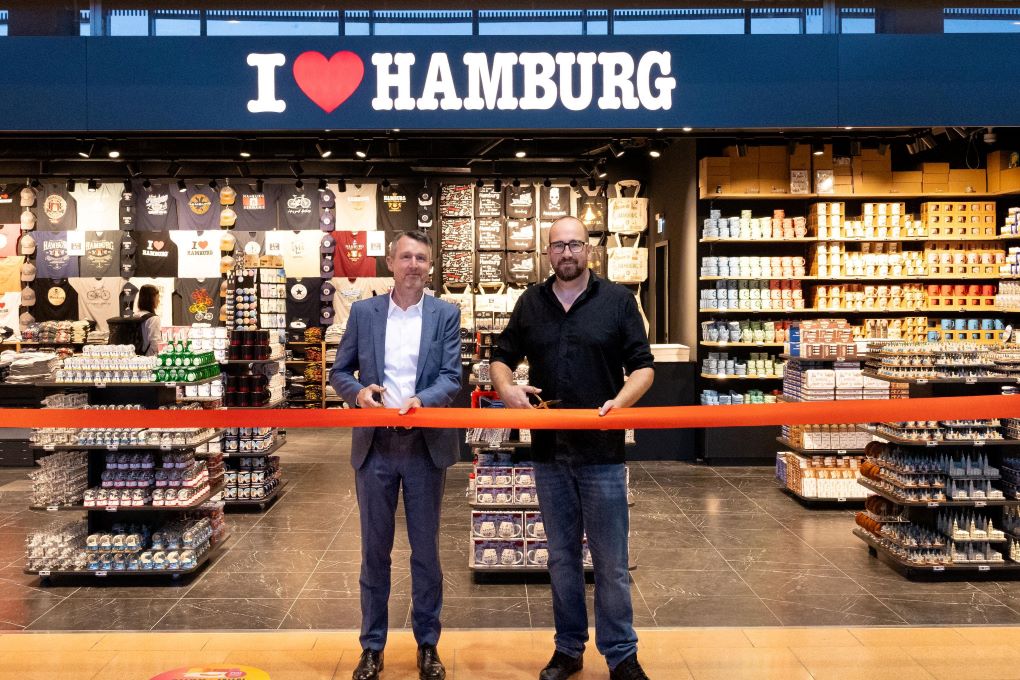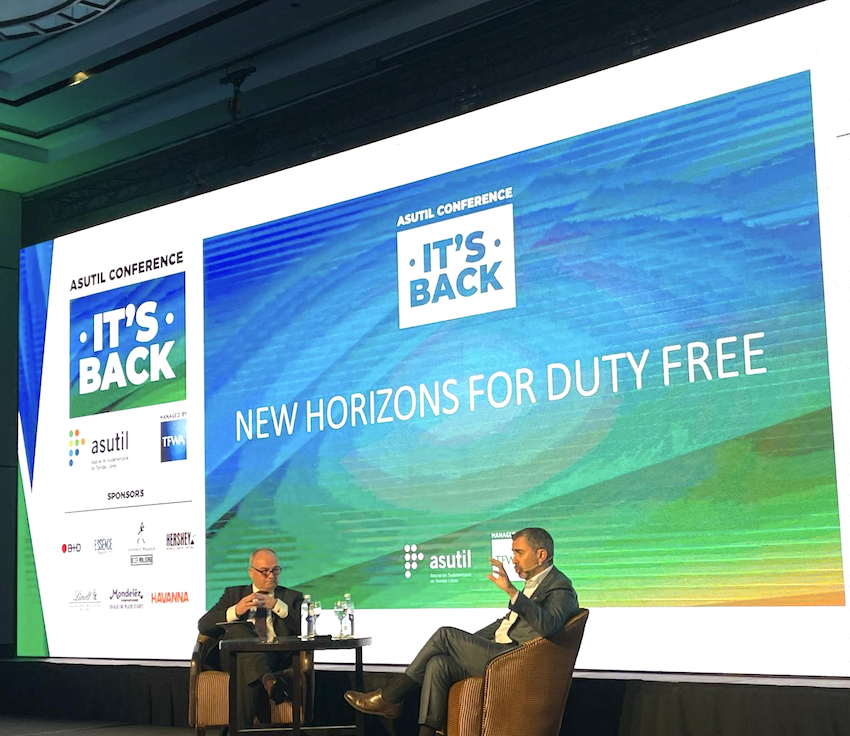
ARGENTINA. As keynote speaker at the recent ASUTIL Conference in Buenos Aires (7-8 June), Dufry Group CEO Xavier Rossinyol delivered a memorable presentation about the transformation of the travel retail, the new business combination between Dufry and Autogrill and the dynamics that will shape the industry’s future.
Rossinyol reminded the 270 delegates at the Hilton Puerto Madero that despite many crises, international travel continues to increase.
“Only between 10% and 20% of people on earth have ever taken a flight. That shows the potential we have in our industry. Humans are natural explorers and travel is how we explore today. I believe we will have a great industry for the next 30 years.”
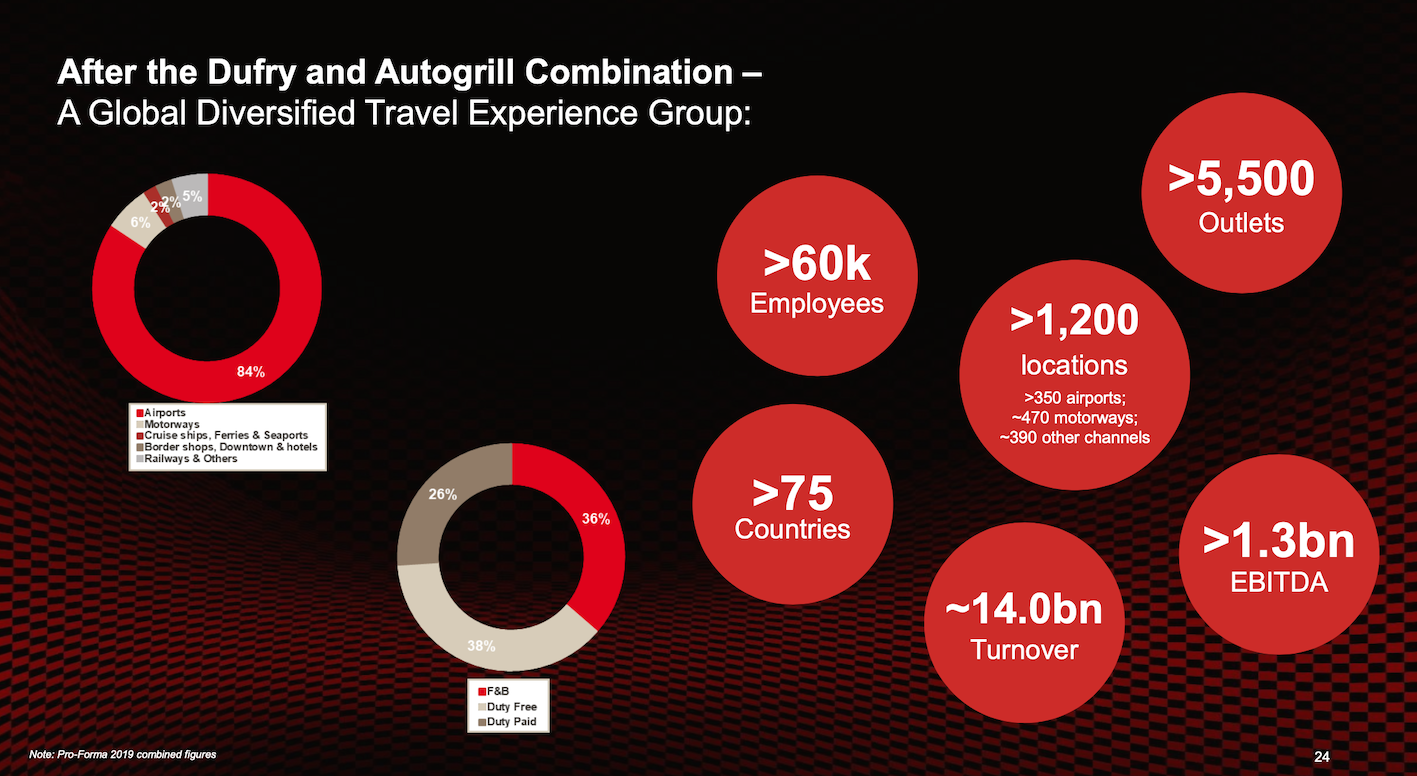
On short-term travel trends, he noted that many markets are back to pre-pandemic levels already. “By 2025/26 we believe the level of growth we’ll see will be back to what we would have had even without the pandemic.”
In a figure previously outlined by Dufry as it explained its business combination with Autogrill, the company said that the addressable market for travel retail and dining is valued at US$115 billion a year. “Our underlying growth is very strong,” said Rossinyol.
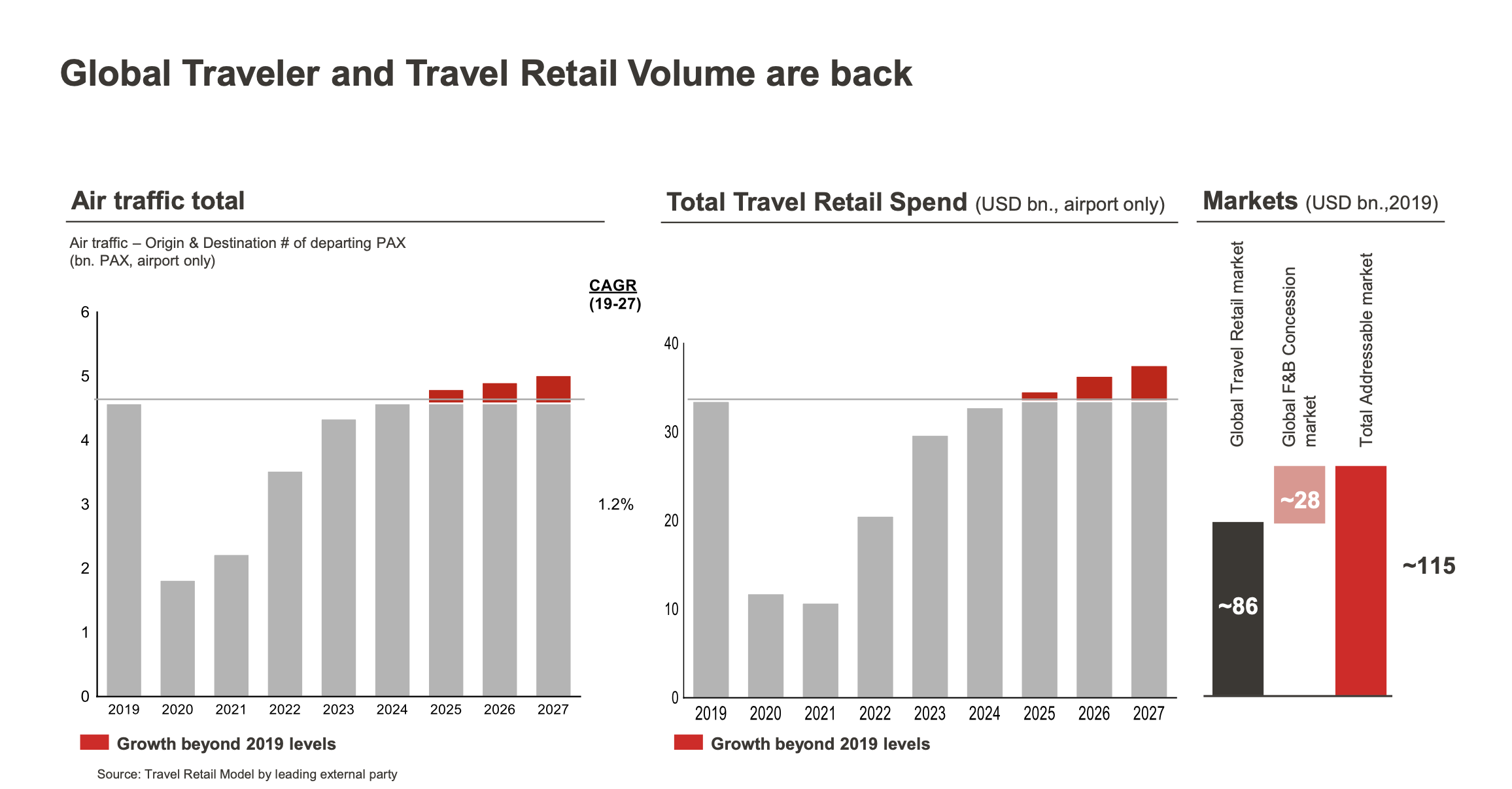
He also offered some fascinating insights into the changing consumer base, including the rise of Gen Y and Z as a proportion of travelling consumers, the role of digital as a purchasing influence and more Chinese as a base for luxury demand.
“We have to adapt and so far we as an industry have not been dynamic enough to capture these changes,” said Rossinyol in his address. “We must be more adaptable and flexible and offer true experiences to travellers who seek them. And we must do this faster than ever before.”
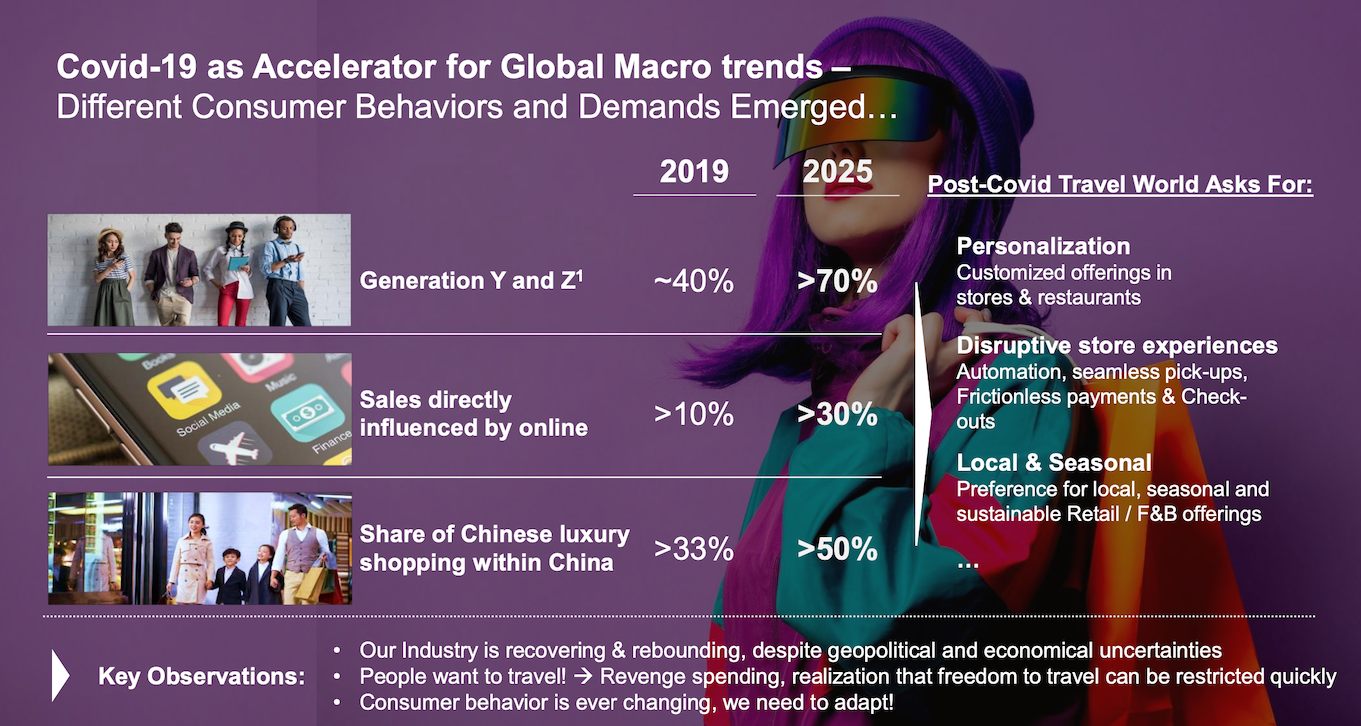
Rossinyol said that partnership will be at the heart of the industry’s success in taking advantage of new dynamics. “Unless we can increase satisfaction [among consumers] and sales, there is no future.”
Traveller-centricity must be at the core of how the industry approaches the new future, he added.
Key elements in this include a firm belief in the future of the physical store or restaurant, complemented by digital engagement before during and after the trip, developing ‘smart stores’, creating fun environments where entertainment is key, alongside flexible spaces that can be adapted quickly to customer needs.
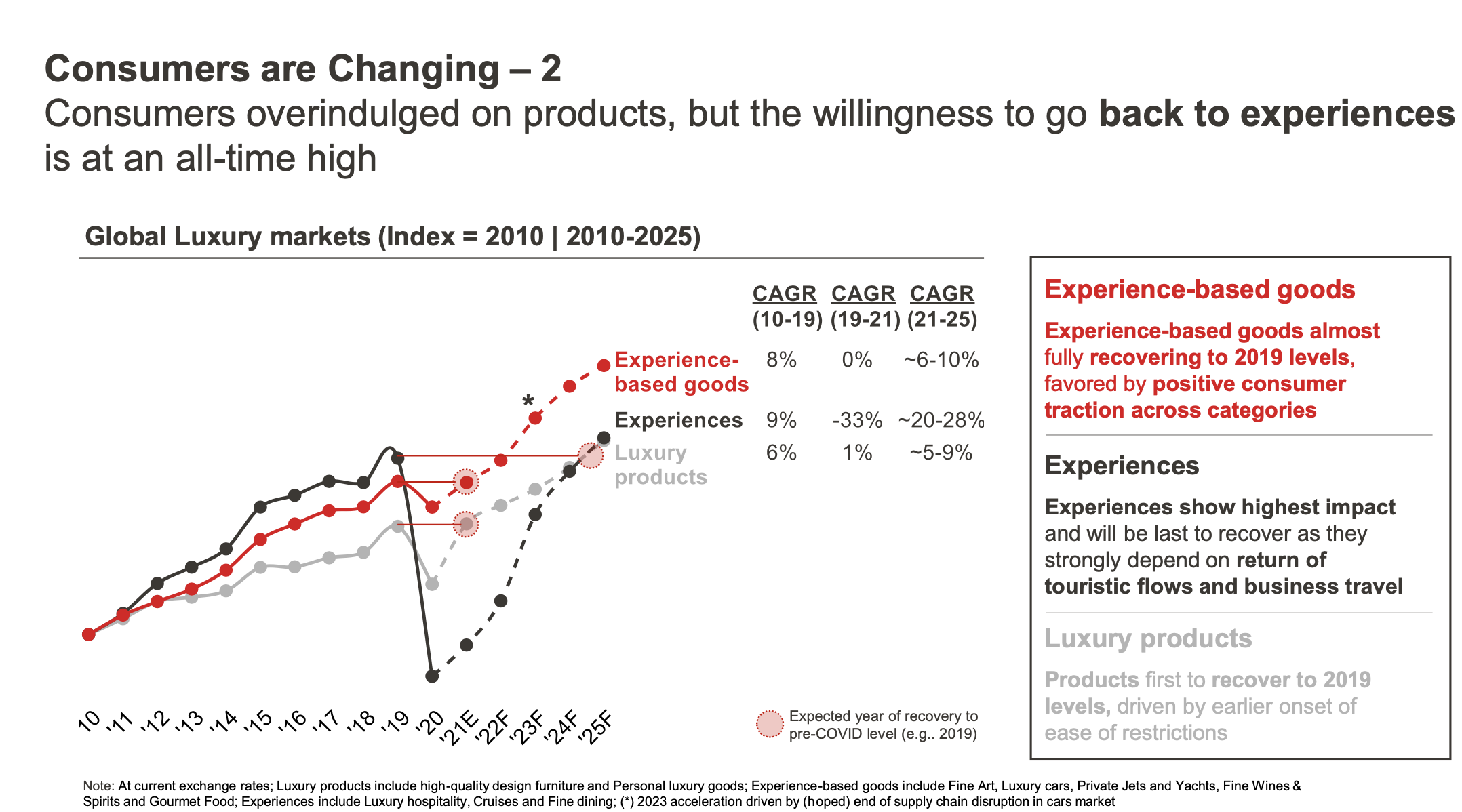
In a telling statement, Rossinyol added: “If we maximise sales together, we all win. If we aim to maximise our own margin, we all lose. As Dufry we are committing to maximising sales in the long term even if it means sacrifices short-term gains. We plan to keep pushing for that.”
On Latin America, Rossinyol outlined some of the specifics of this market, reflecting on the importance of arrivals and the changing dynamics in travel.
“This region represents a huge tourism opportunity. We are now seeing international travel rising fast, when before this was more of an intra-regional travel market. Also, one day the billions of Asian consumers will discover Latin America, which is another long-term opportunity.”
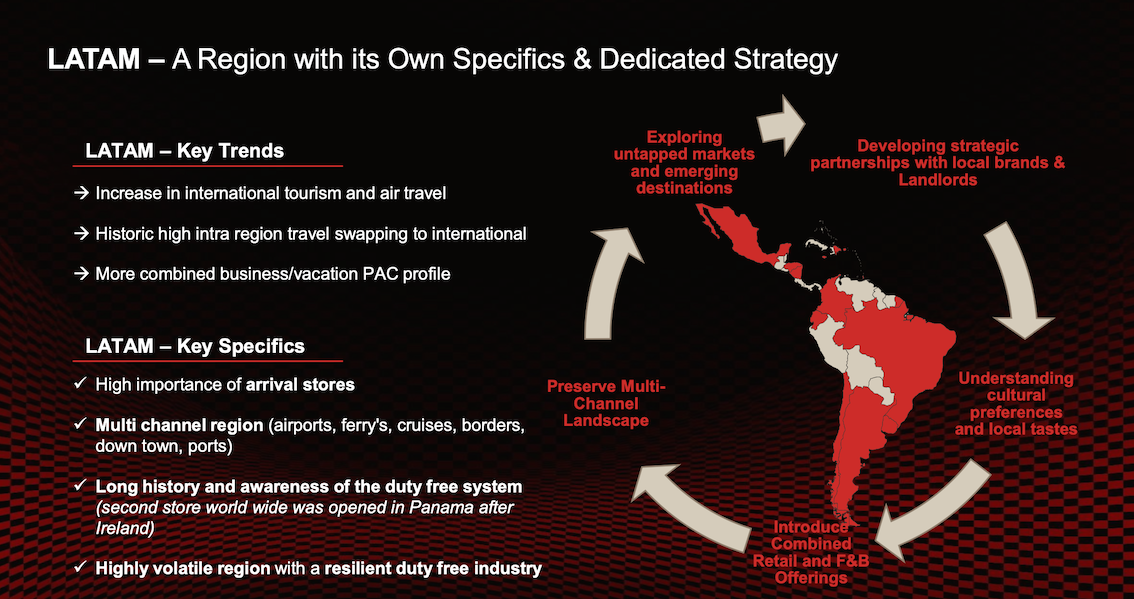
On using the group’s new scale in combination with Autogrill, Rossinyol said: “We have scale but we don’t want to be big for its own sake. We want to leverage that and use the wealth of data we have to build further. Also, we are big but we are also fast and plan to be faster.”
His keynote address was followed by a Q&A session with The Moodie Davitt Report President Dermot Davitt, highlights of which we feature below.
Xavier, the business combination with Autogrill is obviously a big talking point for everybody here. How do you see this playing out here in Latin America – a market where Autogrill has traditionally not been a player – and what are your immediate priorities to drive growth of your newly transformed group here?
Xavier Rossinyol: A logic behind the merger is to use the strength of the each company to benefit the other. The strength of Dufry in the Latin America region should help to bring Autogrill here. But it also has to make sense for the passengers and for the airports. And it has to make sense for us.
We are going to push hard for F&B in Latin America, but not at any price. We do things only if they make financial sense.
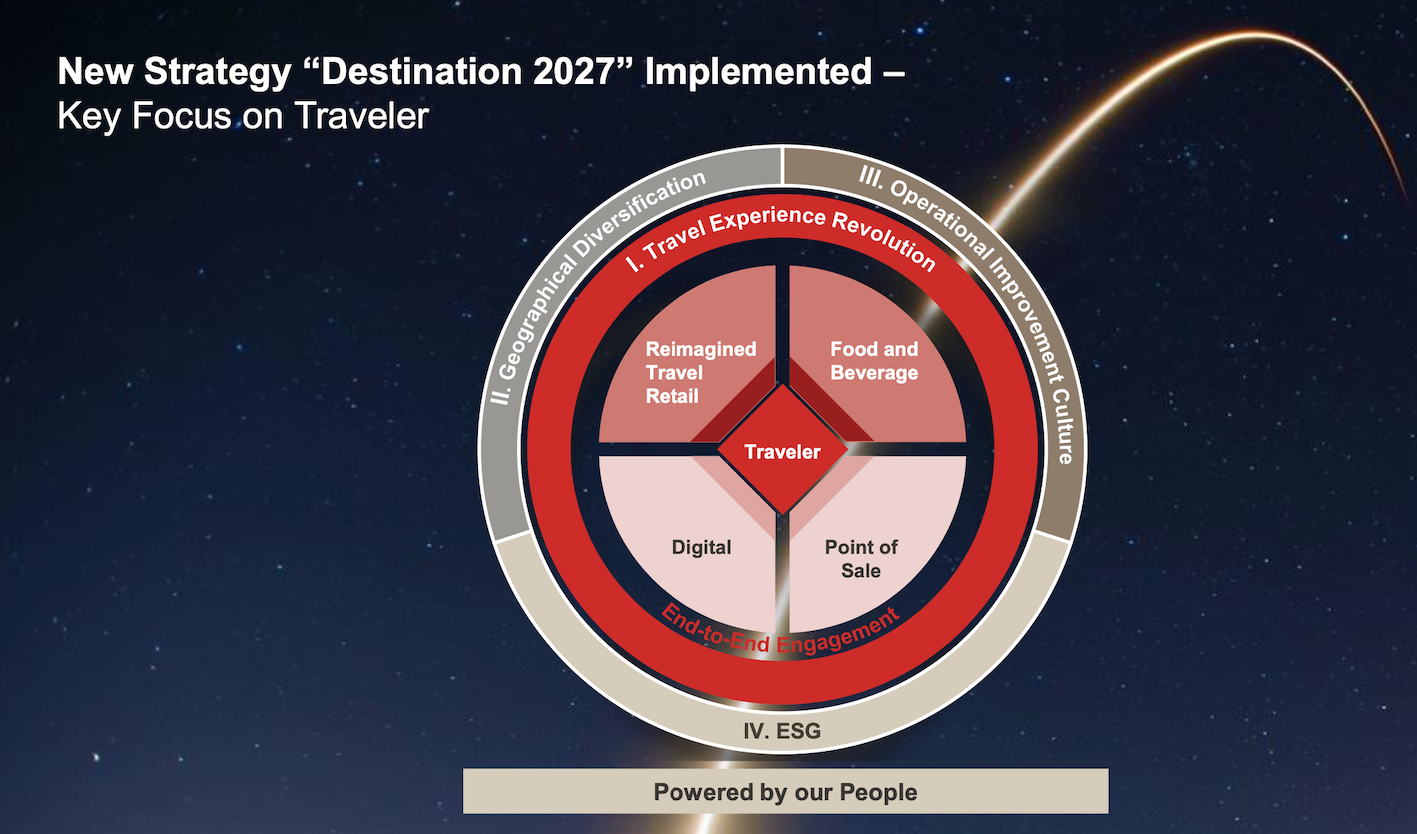
Dufry also has a strong travel essentials business here and in other markets, so is the plan to leverage each of the three business lines, if we also include duty free, and how are the conversations going with your partners about this so far?
In any business it’s important to listen. To the passengers, to the airport, to the brands. As a combined group we understand passengers better than anybody, and we have a rounded view of what they want and who they are. Separately, or apart, we know a lot less.
We have our view but if the airports want something else then we have to listen.
There are also different trends at work from digital engagement to different ways of shopping and here Sense of Place is paramount. It’s not important because airports want something unique, it’s important because it makes sense to the consumer. It makes sense to have the global brands in combination too, so we need to deliver that.
The key thing is that we figure out this puzzle together as an industry.
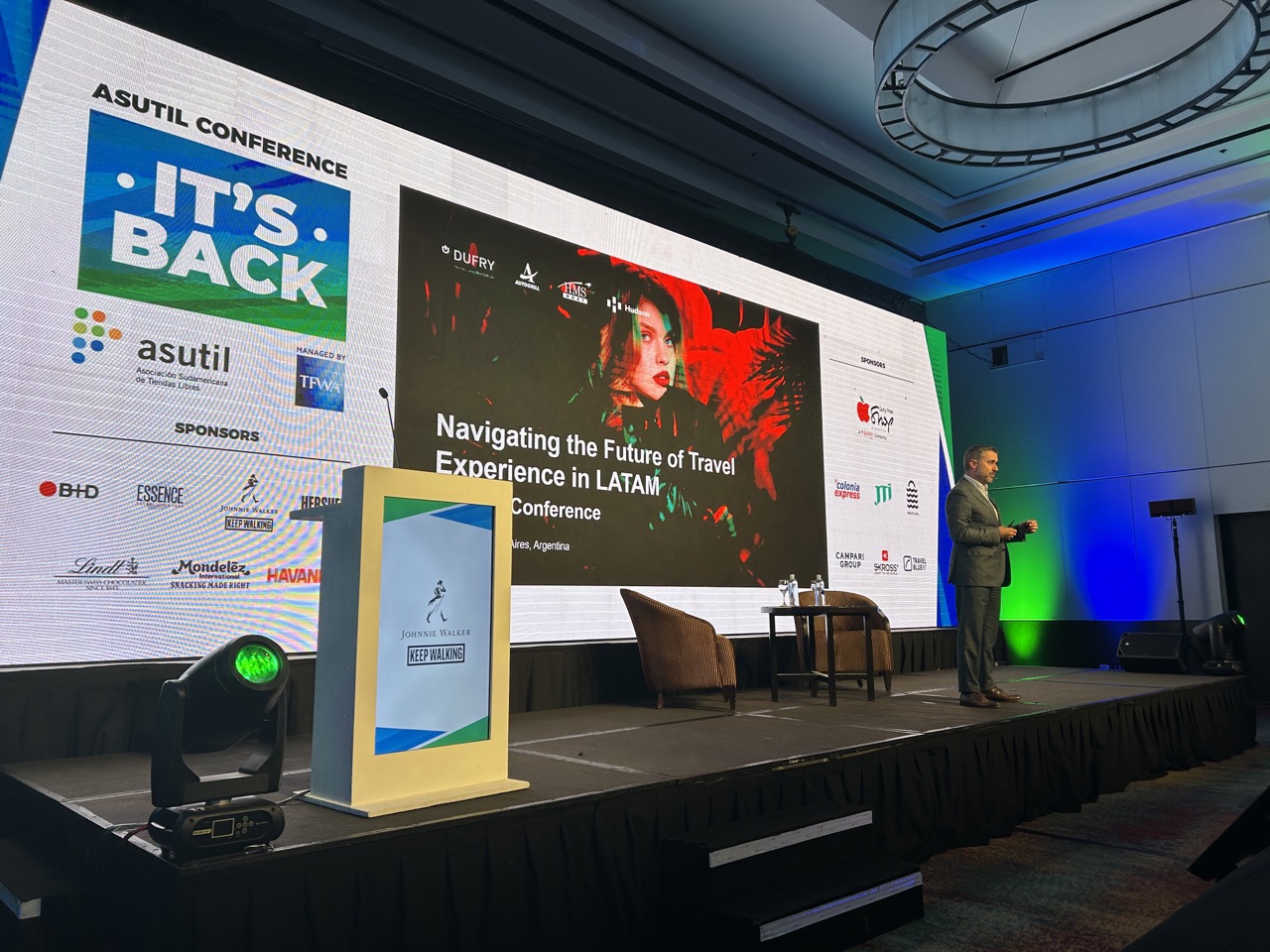
You have spoken about what partnership looks like to you, and about ‘active portfolio management’ – only doing profitable business. What does that mean in concrete terms for the combined new business?
We are all businesspeople. To look at a strategic investment that justifies losses is out of the question. That is especially so after the pandemic when we have seen mindset shift.
My obligation is to defend the interests and sustainability of the company long term.
So active portfolio management means we will not invest, or put our money into loss-making concessions. And if you need to walk away, you do so.
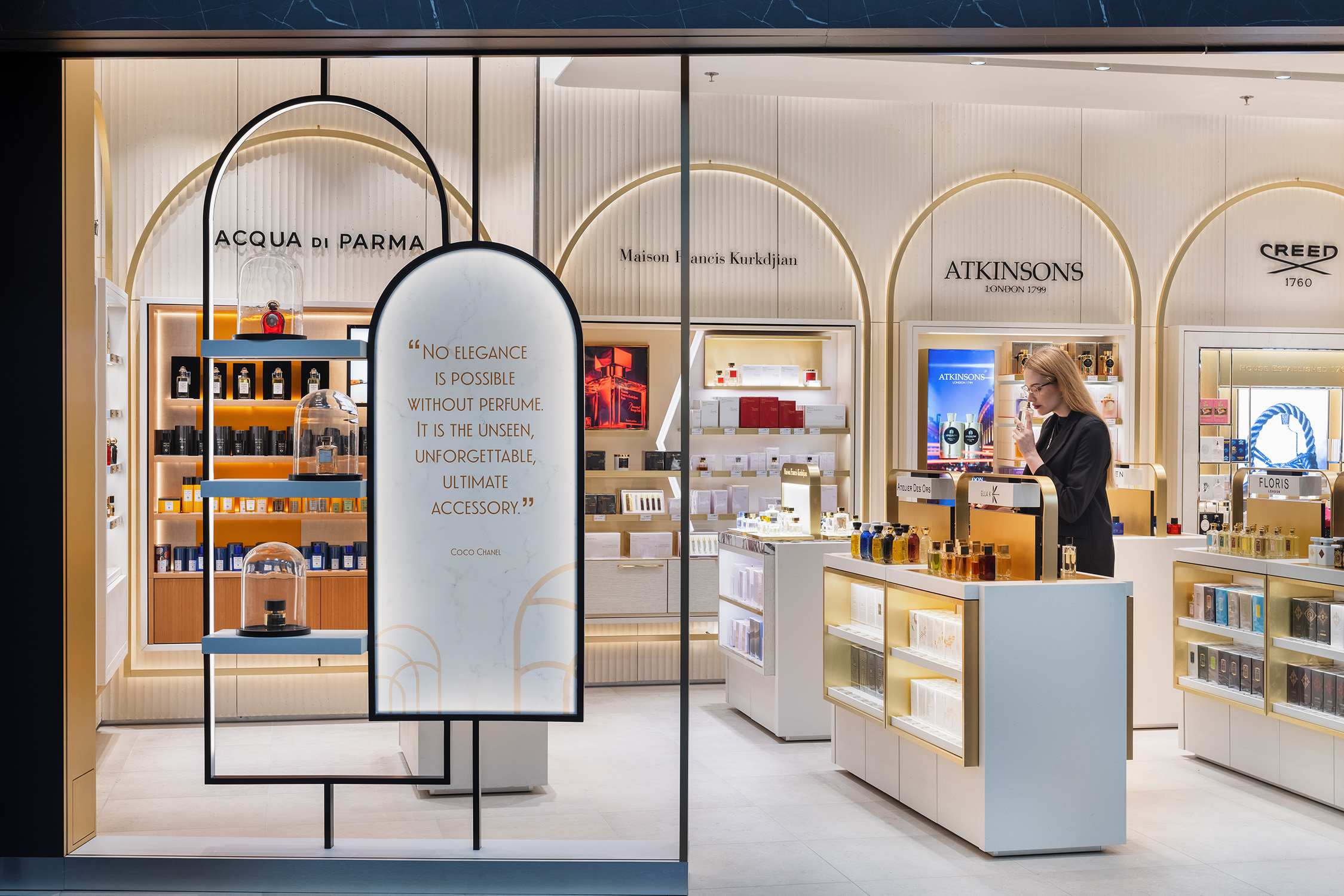
But not to sound negative, we will also put more money than before into those concessions, where we can work together with the airports and the brands to improve value.
Those that think we are trying to squeeze more out of the business, that is not where we want to be.
We believe we can double or maybe triple the business in those places where we define the opportunity for growth. I am convinced we can do this and that is the type of revolution in thinking we want.
But for that you need to invest, you need to adapt the stores every six months, change the entertainment every week, and that costs money. It does deliver yields but you can only do that if you can generate enough profitability for everyone.
We have seen examples recently where companies, yours included, did not bid on certain airport contracts as they didn’t see the profit opportunity, for example in Spain and also with the duty free bid at Incheon International Airport in Korea. Are these signals of a shift in mindset and approach among the retail community?
I have maybe an advantage of seeing how the industry worked in the years I was away as I have had a chance to analyse this. And what happened between 2015 and 2019, with respect, was crazy.
There was no wake-up call at the time but eventually a time comes where you have to go back to rational bids and thoughts.
What happened with the tender you mentioned [in Spain] was that 13 international companies declared their interest and in the end, everybody took the same decision [not to bid on the contracts for Madrid or Catalonia -Ed].
Of course we understand that you need to get a good payment for the airport but there is a limit. And beyond that limit the industry is not willing to go any more. I hope this remains and that the focus is not on what we pay, but on how much we can generate for all parties involved.
Is there a realisation among airports that things have changed and that some rethink of contract structures is required?
The devil is in the detail. You cannot focus on the concession fee percentage but also on the structure. Is there a minimum guarantee or a minimum per passenger? The concept of minimum guarantee is part of the game but it needs to be reasonable. It is called a minimum, not a maximum.
So if people can sell double, then a minimum becomes irrelevant but for that you need to invest.
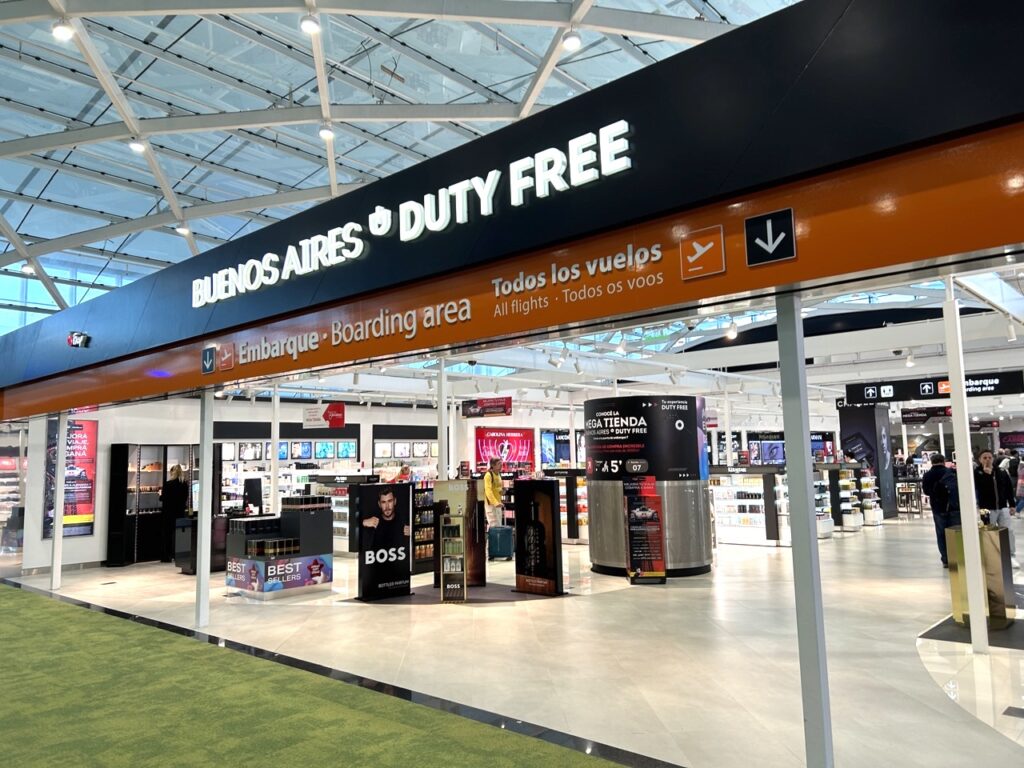
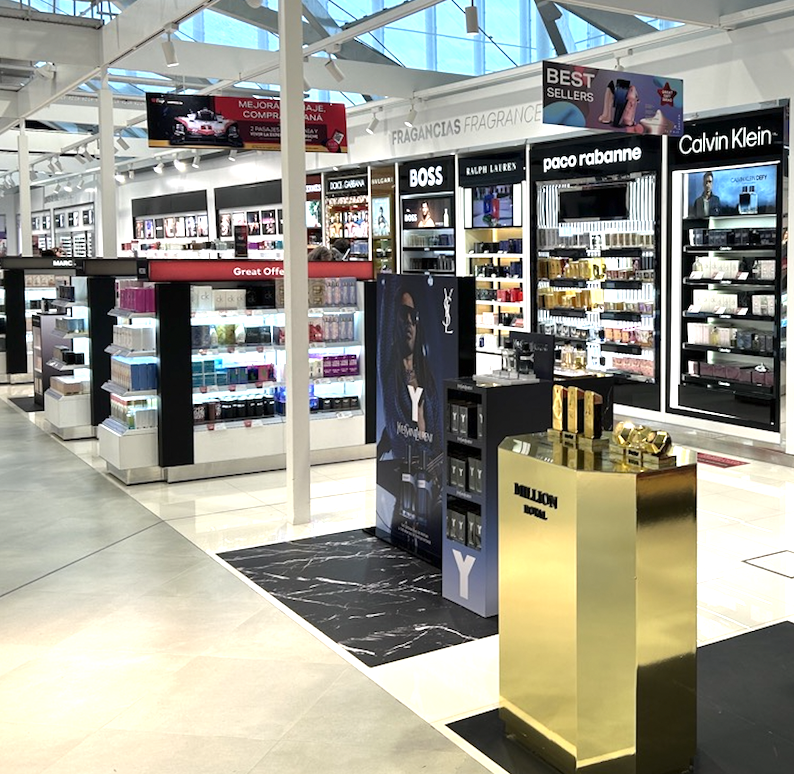
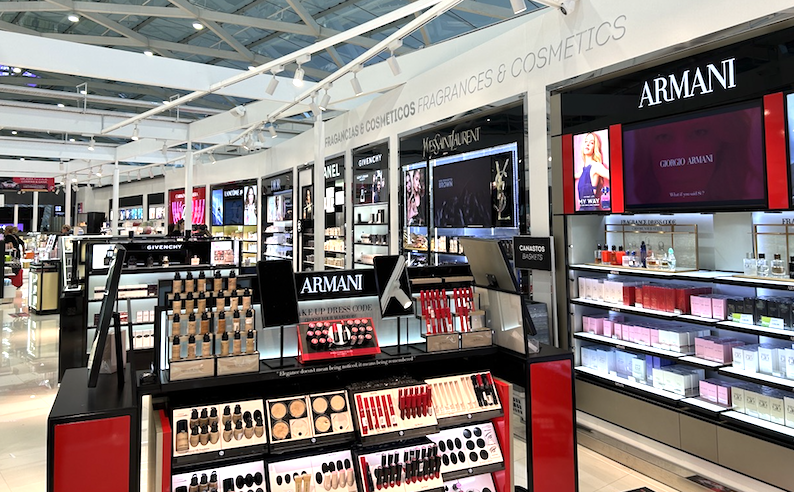
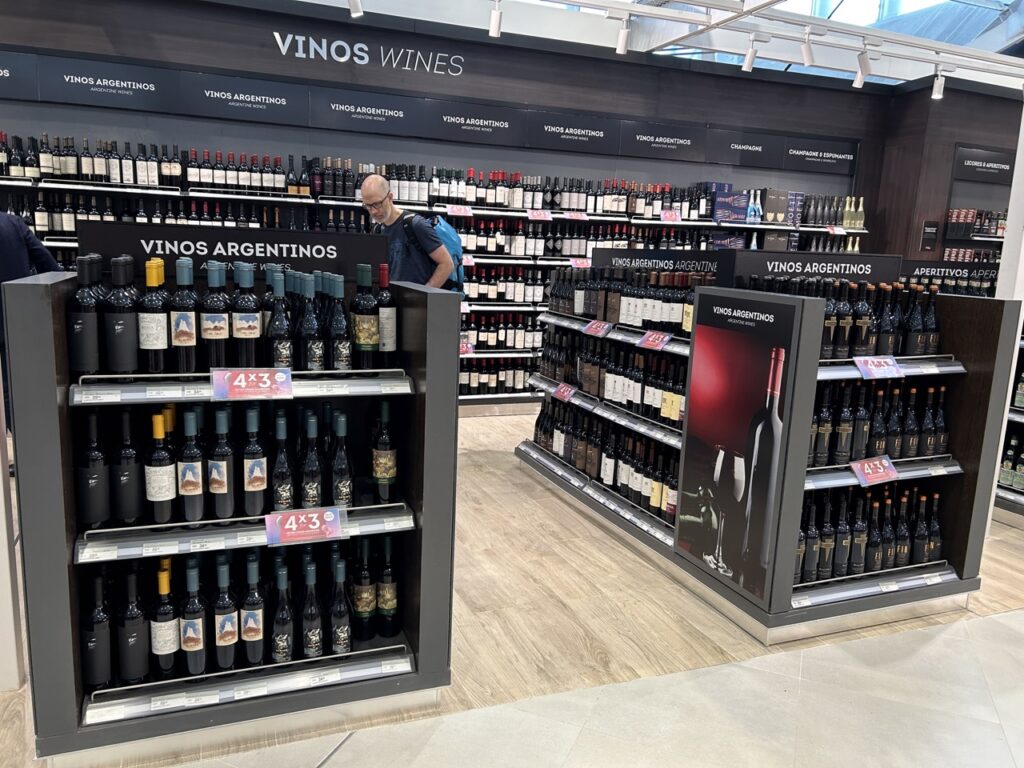
On your other key messages, you talked about maximising sales for the long term even if it means sacrificing short-term gains. Can you elaborate on what that means for Dufry and for your partners?
The brands have changed a lot over the past few years. The brand colleagues had minimum sales in travel during the pandemic but their business online grew very strong in many cases. Travel retail went from being the wonder segment to the non-existent segment.
Now we are not only coming back but brands are seeing that maybe travel is where the biggest part of their growth is going to come. And I’m convinced that the brands will put in even more investment.
We have our own challenges but we also have something unique: the ability to sell profitably but we are often the advance to what is going to happen in the local market in the future as those who travel have the highest income.
If we work together we can deliver not only huge sales but also can share very valuable information. And I can tell you that from meeting the CEOs of many of our brand partners, that they want to see the opportunities too. When we tell them that we can start to reimagine this industry, take experience to another level, they take this very seriously.
And I know that our channel can gain even more attention than ever from the brand world. And I also know that many people who work in the travel retail section of a brand have such success that their careers often go all the way.
You mentioned how the company is investing in new categories and how the categories are evolving and converging. How far are you going in introducing new segments, more customer-relevant categories and using those to upgrade the overall experience?
We are going all the way as long as it makes sense. It if makes sense to organise the store by category as that is what makes sense to the customer, perfect. If there is another type of consumer who wants products organised by premium lines, or gifting, then that is what we will do.
Being flexible means adapting to these different markets. We need to make trial and error, and if it works, let’s change. When I announced the new strategic plan in September 2022, I said we would put 50 additional basis points of investment to drive new experiences.
The new Dufry is a business close to CHF14 billion so that is an additional 70-80 million of investment per year. But we had to do it. If you don’t put money behind what you say, things don’t happen. So we are going to put more money every year into trialling new things.
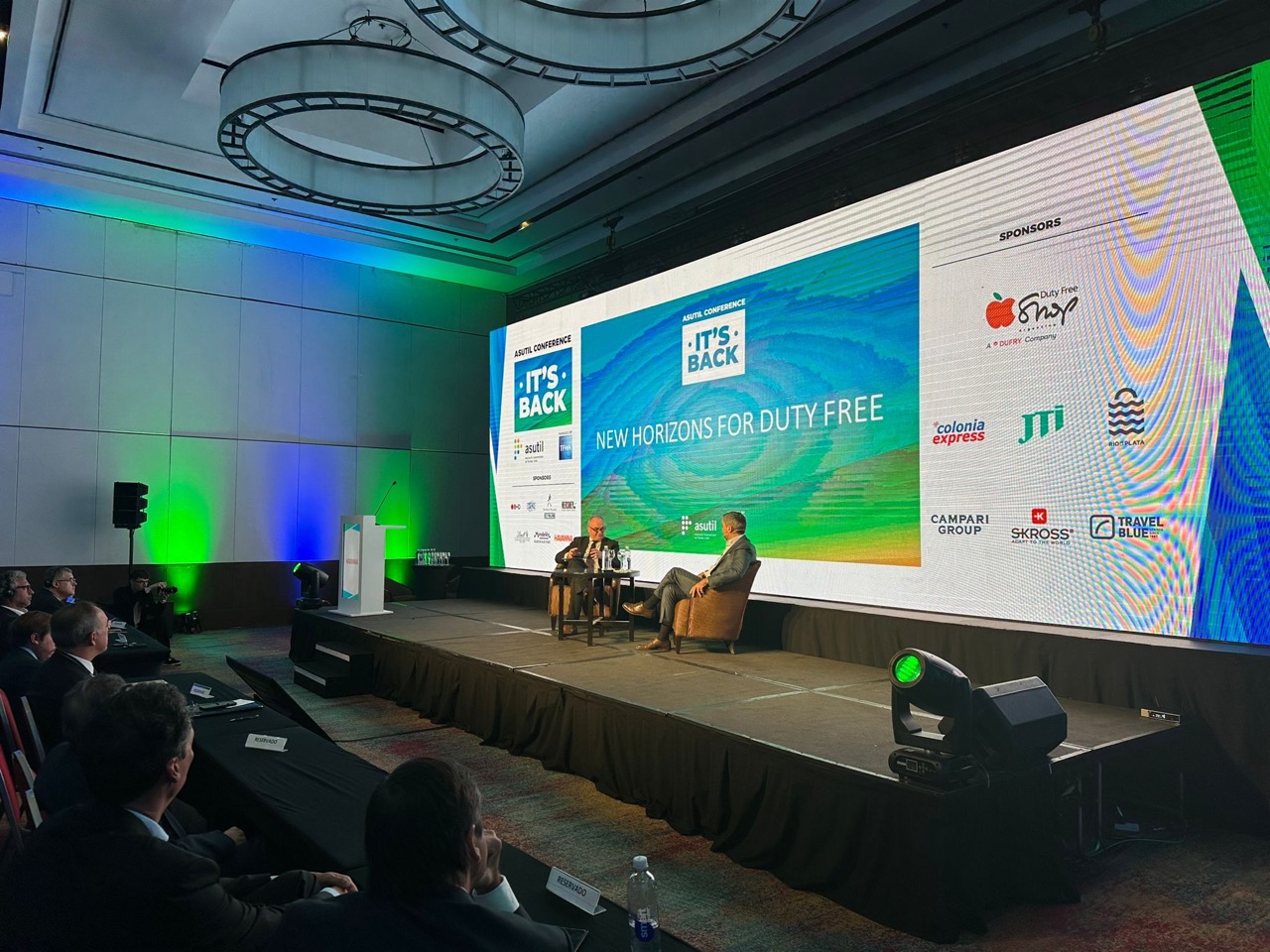
On that theme of investment, you have placed a lot of emphasis on your ESG and sustainability platforms. Where does that ultimately lead?
ESG is of our four strategic pillars. It has to be. If you only do something because you are told to do it, you only get the minimum.
Real impact, real transformation will only come if you believe that it makes a difference to the day to day. If our team members cannot go back to their children and explain something real and tangible about our successes in this area, then we fail. It has to be every day and it has to be our people and the communities in which we work.
ESG, and here I also mean diversity & inclusion, are simply good business. If you have a more diverse workforce you can better understand your clients and your potential customers.
And sometimes if you are showing that you are doing the right thing that is worth a premium to the customer too.
All of this matters to us In our last reorganisation it was the first time we had a Chief ESG Officer, who reports to me to really drive this agenda.
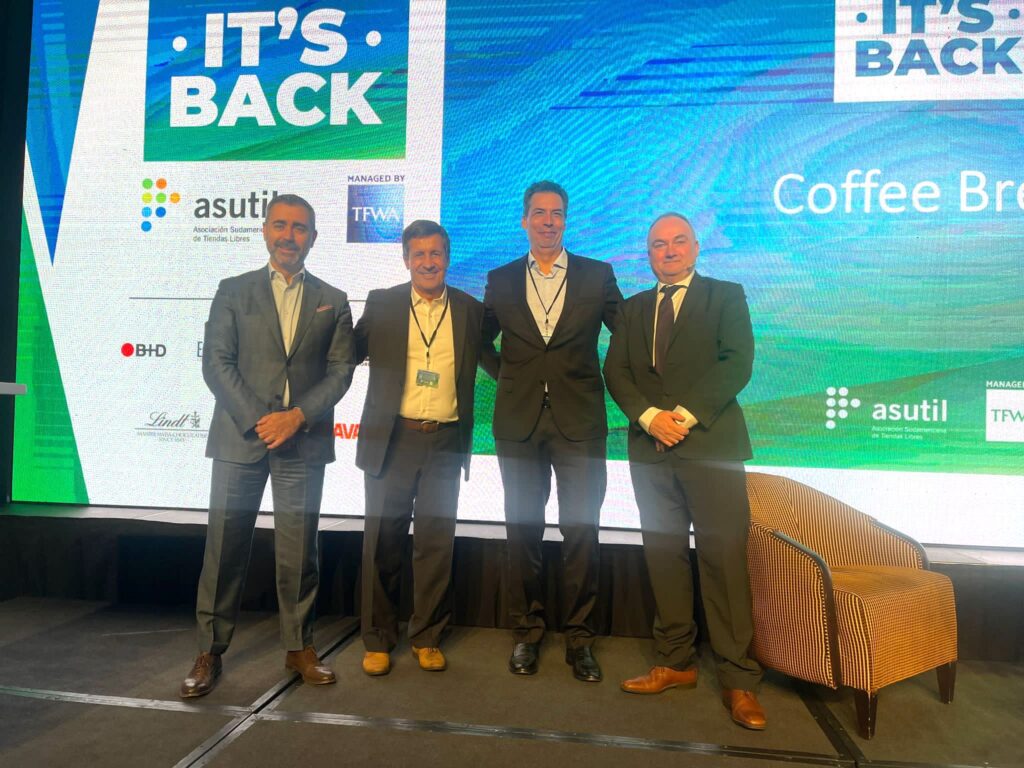
As someone who has stepped outside the industry, what is your vision not just for Dufry but also of the wider market that we represent. Where do you think we should be as part of the journey for the traveller?
I think we are in the best business in the world. Our business is the best because it involves travel, exploration and experience. In other sectors of retailing, are the people there every day as they are with us? Not in the malls and not on the High Street. This year 2.3 billion will pass through a Dufry location. Sadly not all will shop but we have an opportunity to reach them.
We also have a responsibility. Travel is not always a pleasure these days, let’s be honest. But we can make the experience a bit better.
Having been outside the industry, I can tell you we are in a great place. If we work smartly together, we can enjoy this business too. Let’s have fun doing it. ✈






